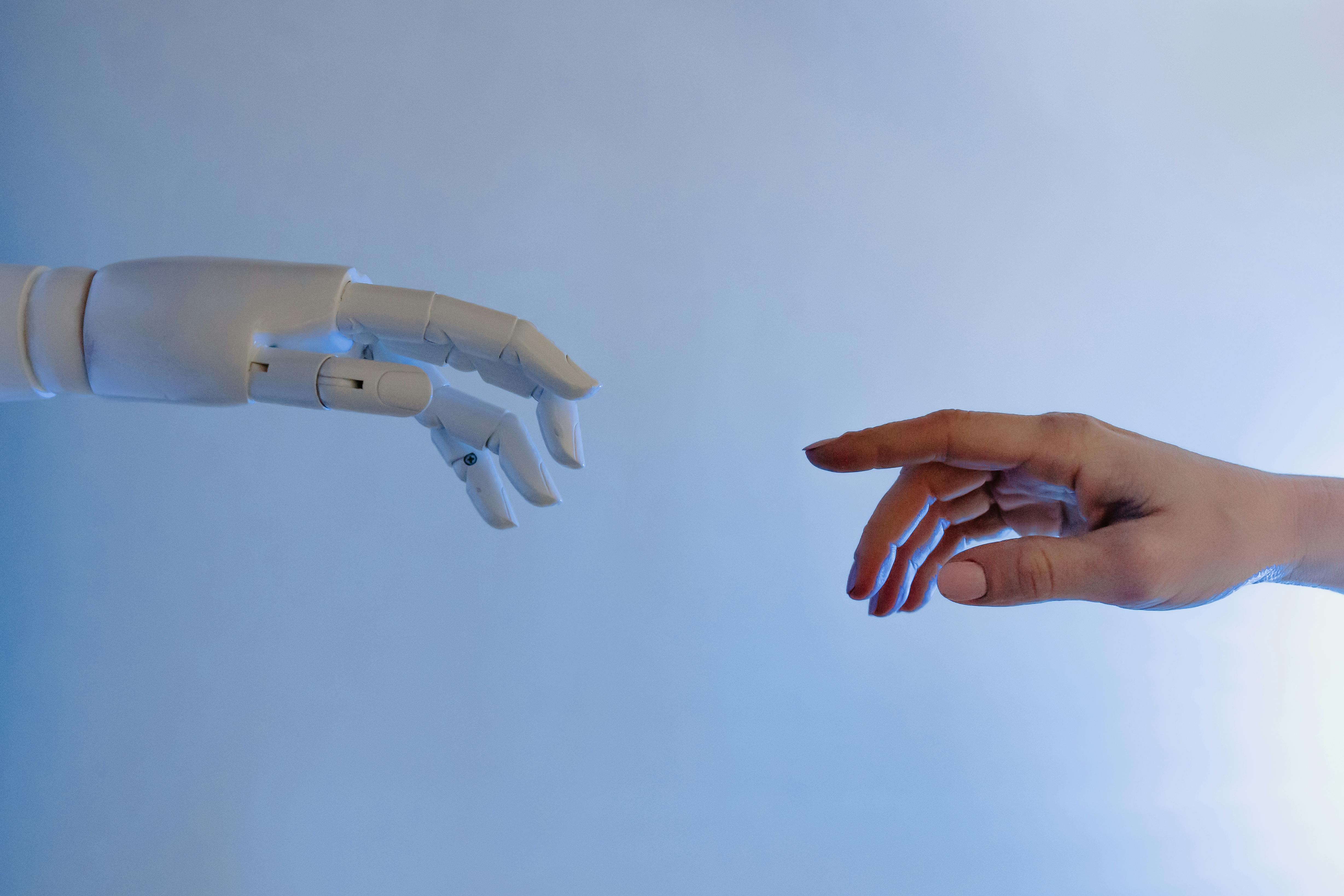Does AI Use Software to Automate Business Processes?

The terms Artificial Intelligence (AI) and Process Automation are often used together, sometimes interchangeably. This can lead to confusion: Is AI itself the software automating the process, or does AI use software to achieve automation? The answer lies in understanding their distinct but highly synergistic roles.
AI + Software = Automation
Generally, AI itself (the algorithm or model) provides the 'intelligence', while specialized software provides the 'execution framework' to automate a business process. They work together: AI informs or directs the actions taken by automation software.
AI's Role: The "Brain"
Think of AI models (like machine learning algorithms or LLMs) as the decision-making or pattern-recognition engine. In process automation, AI typically contributes by:
- Making Predictions: Forecasting outcomes, identifying risks (e.g., predicting customer churn within a retention process).
- Classifying Data: Categorizing inputs (e.g., classifying emails as urgent/spam/routine in an inbox management process).
- Understanding Unstructured Data: Processing text (NLP) or images (Computer Vision) that traditional software struggles with (e.g., extracting data from scanned invoices).
- Making Complex Decisions: Evaluating multiple factors to make a judgment call at a specific point in a workflow (e.g., approving/rejecting a loan application based on various data points).
- Generating Content: Creating text, code, or summaries needed within a process, as seen with GenAI in processes.
AI provides the "smarts," but it usually doesn't execute the entire end-to-end process on its own.
Software's Role: The "Body" & "Tools"
The actual automation – the sequence of steps, interaction with systems, data movement – is handled by various types of software platforms designed for process execution. These platforms *use* AI as a component. Common examples include:
- Business Process Management Suites (BPMS): Software designed to model, execute, monitor, and optimize complex, often long-running business processes. A BPMS orchestrates the workflow and can call an AI service/model at specific steps to make a decision or analyze data. (See Types of BPM)
- Robotic Process Automation (RPA) Platforms: Software "bots" that automate repetitive, rule-based tasks by mimicking human interaction with user interfaces. Increasingly, RPA bots are enhanced with AI ("Intelligent Automation") to handle exceptions or process unstructured data provided by an AI model.
- Integration Platforms (iPaaS): Cloud-based services for connecting different applications and automating data flows between them. They can incorporate AI steps within these integrations.
- Custom Applications: Bespoke software built for specific business needs can integrate AI models via APIs to power intelligent features within its processes.
- Low-Code/No-Code Platforms: Allow users to build applications and automate processes with minimal coding, often providing pre-built integrations or connectors to AI services.
This software provides the structure, connectivity (), execution engine (), user interfaces, and monitoring capabilities needed to operationalize the AI's intelligence within a real-world process.
The Synergy: How They Work Together
Consider processing customer support tickets:
- An RPA bot (software) retrieves new emails/tickets.
- It sends the text to an AI model (NLP) for sentiment analysis and topic classification.
- Based on the AI's output (e.g., "Urgent complaint about billing"), the RPA bot or BPMS (software) routes the ticket to the appropriate team (e.g., Tier 2 Billing Support).
- An AI (GenAI) might draft a suggested initial response based on the ticket category.
- The support agent (human) reviews/edits the draft and sends it via the CRM/ticketing system (software).
- The BPMS (software) tracks the resolution time and updates dashboards.
Here, AI provides analysis and generation, while RPA and BPM/CRM software handle the execution, routing, and tracking.
Conclusion: AI Empowers Automation Software
So, does AI use software to automate business processes? Yes, absolutely. AI models provide the intelligence—the ability to understand, predict, decide, or generate—while automation software (like BPMS, RPA, integration platforms, or custom apps) provides the framework to execute, manage, and monitor the steps of the process, often calling upon AI capabilities at crucial points.
It's the powerful combination of AI's cognitive abilities and robust automation software's execution capabilities that unlocks the true potential of intelligent process automation in business management. Understanding this distinction helps organizations choose the right combination of tools for their specific automation goals.
Designing integrated solutions that leverage both AI and process automation software requires specific expertise. DataMinds.Services specializes in creating these synergistic systems.
Team DataMinds Services
Data Intelligence Experts
The DataMinds team specializes in helping organizations leverage data intelligence to transform their businesses. Our experts bring decades of combined experience in data science, AI, business process management, and digital transformation.
More Articles
Ready to Combine AI Intelligence with Process Automation?
Integrate AI capabilities into your workflows using the right automation software. DataMinds Services designs and implements intelligent automation solutions.
Implement Intelligent Automation
